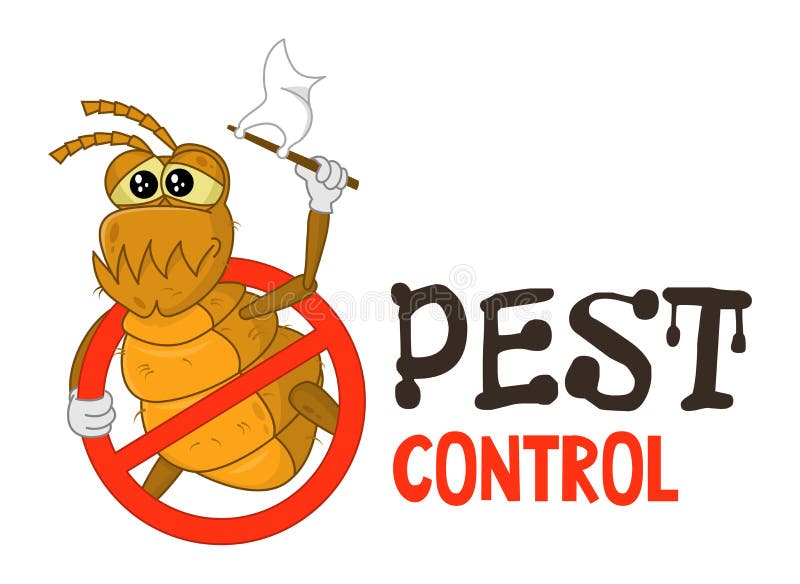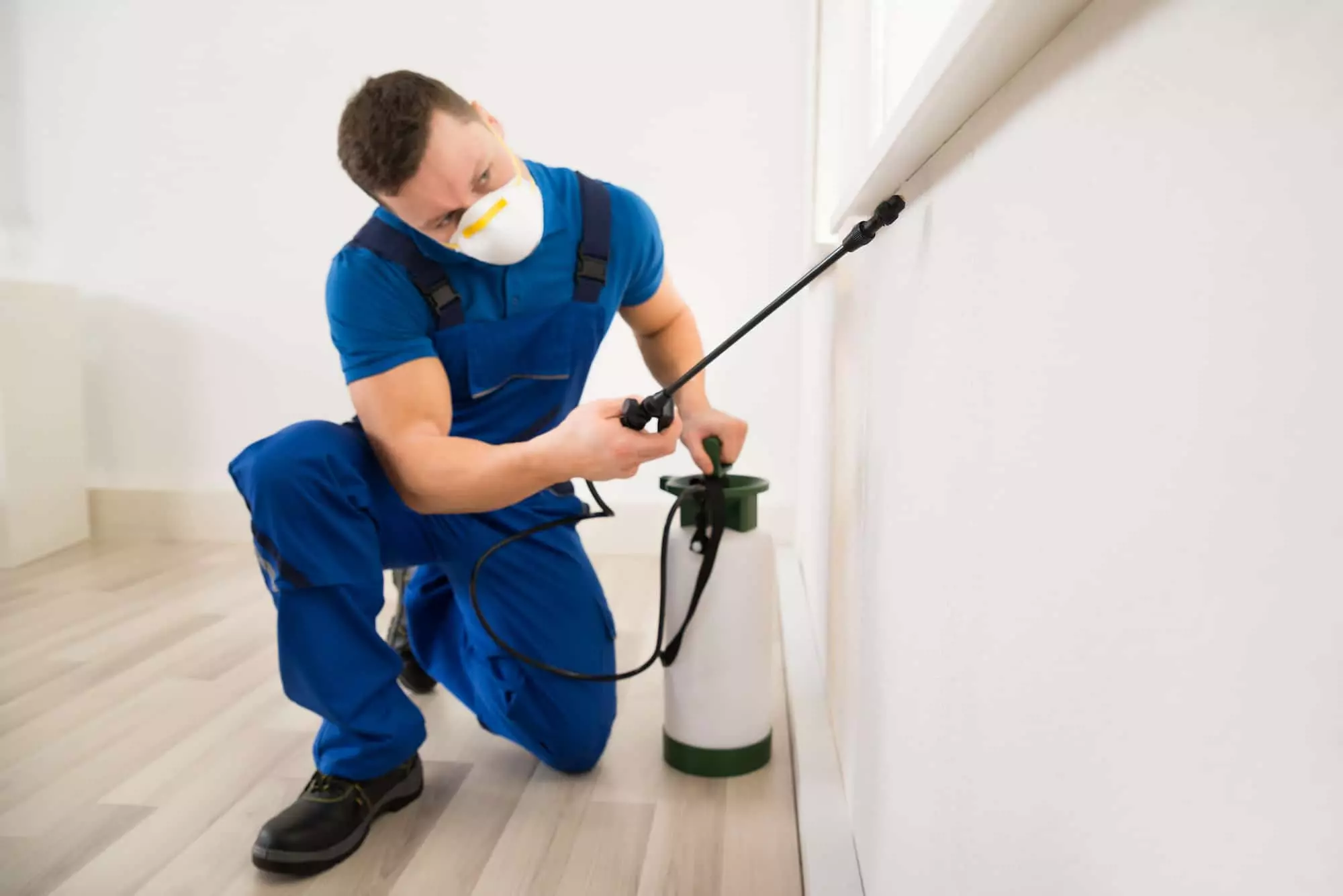Experienced Coquitlam Exterminator for Comprehensive Pest Removal
Experienced Coquitlam Exterminator for Comprehensive Pest Removal
Blog Article
Safe and Dependable Insect Control for Lasting Defense
Effective parasite administration calls for a multifaceted approach that balances eco-friendly stability with the requirement for reliable pest reductions. The nuances of these methods might not be instantly clear, motivating a more detailed evaluation of the techniques that can lead to sustainable insect control results.
Recognizing Bug Control Techniques
Insect control encompasses a selection of techniques targeted at managing and getting rid of undesirable insects and rats that can endanger both health and property. Comprehending these methods is crucial for efficient parasite administration.
The main groups of insect control methods consist of mechanical, biological, and chemical strategies. Mechanical techniques involve physical barriers and catches to avoid pest entrance and capture undesirable species. Making use of screens on home windows or employing sticky catches can considerably reduce parasite populations without introducing unsafe compounds - exterminator coquitlam.

Chemical insect control is commonly one of the most identified approach, utilizing pesticides to get rid of bugs. These chemicals can be effective but have to be made use of with care to avoid unfavorable results on non-target species and the environment.
Advantages of Eco-Friendly Solutions
How can environment-friendly solutions change pest control practices? The adoption of environmentally friendly insect control techniques provides numerous benefits, considerably enhancing the efficiency and safety of pest monitoring (exterminator coquitlam). First of all, these services utilize all-natural ingredients, reducing the dependence on harmful chemicals that can present risks to human health and the environment. This shift not only shields households and animals however also decreases the capacity for soil and water contamination.

An additional benefit is the positive effect on regional biodiversity. Green services are created to target details pests while protecting valuable insects and wildlife, promoting a well balanced ecosystem. This method lines up with the expanding customer need for lasting techniques, improving the online reputation of parasite control providers.
Integrated Pest Management Strategies
The execution of green options normally leads to the fostering of Integrated Pest Management (IPM) strategies, which further enhance pest control efficacy. IPM is an all natural strategy that incorporates numerous techniques to handle insect populations while lessening ecological influence. This method highlights the use of biological, social, mechanical, and chemical controls, ensuring a lasting and well balanced approach of bug monitoring.
One basic aspect of IPM is the comprehensive evaluation of bug task and ecological conditions. By monitoring pest populaces and identifying their life process, professionals can apply targeted interventions that interrupt the bug's environment or lifecycle, reducing reliance on chemical pesticides. Additionally, social techniques such as plant turning and environment adjustment can significantly lessen pest establishment and reproduction.
An additional vital component is using biological control agents, such as useful bugs or microbes, which can normally suppress parasite populations. When chemical applications are required, IPM focuses on the usage of low-risk pesticides and applies them uniquely, reducing exposure to non-target microorganisms and people.
Including IPM approaches not just boosts bug control efficiency but likewise promotes a safer community, aligning with the growing need for lasting methods in insect management.
Safe Practices for Homeowners
Recognizing the relevance of risk-free practices in bug control can encourage home owners to successfully manage pest concerns while protecting their health and the setting. Executing preventative measures and more info here non-toxic techniques is crucial in decreasing exposure to hazardous chemicals.
Homeowners should initially analyze their setting for problems that draw in insects, such as standing food, clutter, and water waste. Consistently cleansing and securing entrance points can prevent parasites from attacking the home. Making use of all-natural deterrents, such as crucial oils or diatomaceous planet, can give reliable options to chemical pesticides.
When chemical therapies are needed, homeowners should select items that are especially classified as risk-free for property use. It is vital to comply with application standards thoroughly my blog to stay clear of too much exposure. Moreover, using targeted treatments in locations where insects are identified, rather than covering spraying, can considerably decrease chemical usage.
Lastly, keeping open interaction with insect control specialists is crucial. Property owners should ask about the safety of items used and demand environment-friendly options whenever feasible. By adopting these risk-free practices, home owners can produce a healthier living atmosphere while successfully managing bug issues.

Tips for Long-Term Protection
Establishing a bug management method that emphasizes long-term defense can substantially improve the efficiency of the risk-free practices previously discussed. To attain this, property owners need to carry out normal assessments of their residential or commercial property, concentrating on hidden areas such as attic rooms, cellars, and crawl spaces. Early discovery of pest activity is vital in avoiding problems from taking hold.
In addition, preserving a tidy atmosphere is important. This consists of correct food storage space, without delay cleaning spills, and consistently taking care of rubbish. These methods lower attractants that draw pests right into the home. Sealing entry points, such as splits around doors and home windows, can effectively obstruct potential parasite access.
Landscaping should likewise be considered; maintaining plants trimmed and maintaining a distance between plant life and the home minimizes concealing spots for pests. Using all-natural deterrents, such as important oils or diatomaceous planet, can better inhibit infestations without resorting to harsh chemicals.
Lastly, teaming up with a specialist pest control service for periodic analyses can supply an additional layer of security. These professionals can provide tailored referrals and advanced treatments, making sure that your home stays safeguarded versus pests in the long term.
Conclusion
To conclude, dependable and risk-free parasite control calls for a complex technique that highlights environmentally friendly methods and incorporated insect monitoring. By applying all-natural deterrents, conducting regular assessments, and preserving correct cleanliness, Extra resources residential or commercial property proprietors can considerably minimize parasite populaces while safeguarding advantageous bugs and the environment. Cooperation with specialist insect control solutions enhances the efficiency of these techniques, ensuring tailored options that offer lasting security and peace of mind versus future problems.
Effective pest monitoring requires a diverse approach that balances eco-friendly honesty with the need for reliable parasite reductions. The fostering of environment-friendly pest control techniques offers many benefits, significantly enhancing the efficiency and security of insect management.The implementation of environmentally friendly services naturally leads to the fostering of Integrated Parasite Administration (IPM) approaches, which even more improve insect control efficiency. exterminator coquitlam. By keeping track of parasite populaces and identifying their life cycles, practitioners can carry out targeted treatments that interrupt the bug's habitat or lifecycle, decreasing reliance on chemical pesticides.In conclusion, reliable and safe pest control requires a complex strategy that emphasizes environment-friendly approaches and incorporated parasite management
Report this page